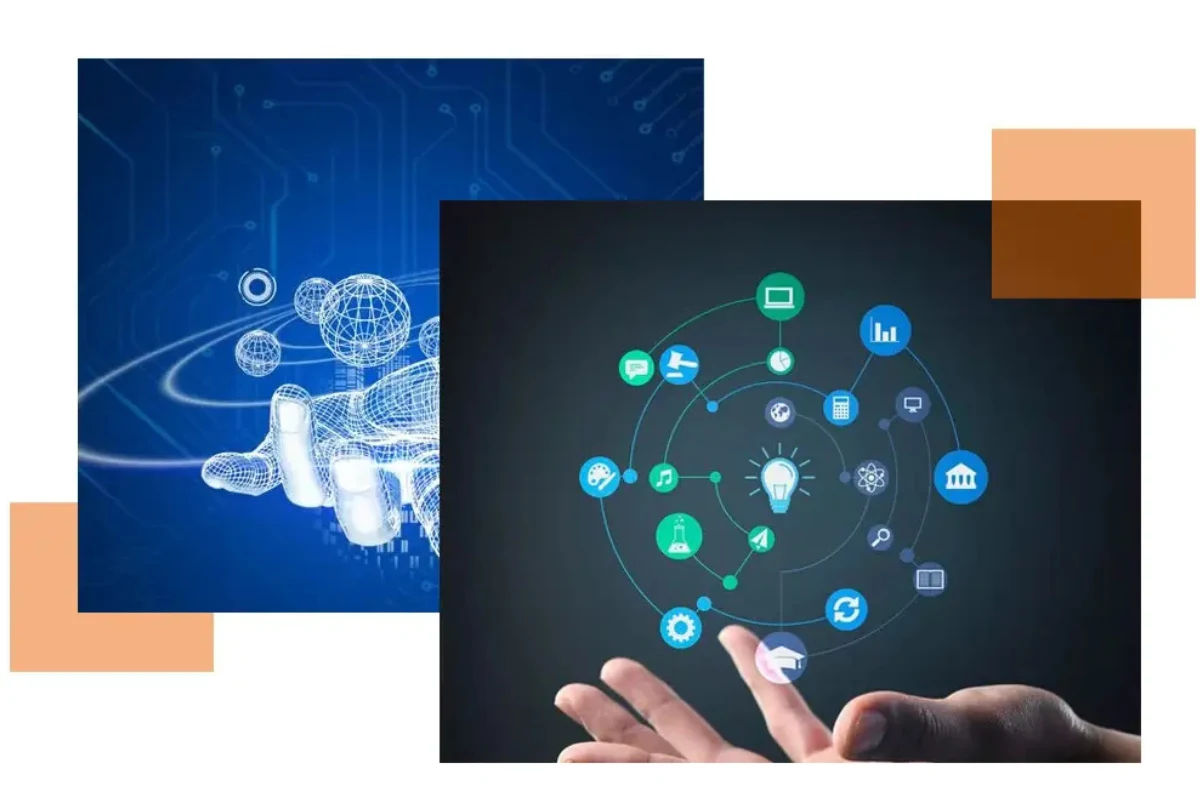How a CISO Can Help the Security and Data Threats in 2025
June 26, 2025

Technology has been expanding rapidly in the last few years and Organizations across spectrum are striving hard to keep pace with the sweeping changes and adopt them suitably. Business sustainability and expansion crucially hinges upon adoption of right technology at the right time. The recent pandemic has emphatically underscored this message...
Discover moreOur prime focus is to enable small-medium organizations to avail premium technology skills at affordable cost models by leveraging fractional availability of our CTO partners. This comes in as a shot-in-the-arm in their endeavour to tap the array of strengths offered by effective technological adoption. CTO Bridge has partners with wide ranging technological expertise and proven leadership which empowers us to offer fractional CTO, CIO or CISO to our clients based on their business needs.
Cities where we are present
CTO Partners
Tech Ecosystem Partners
Domains